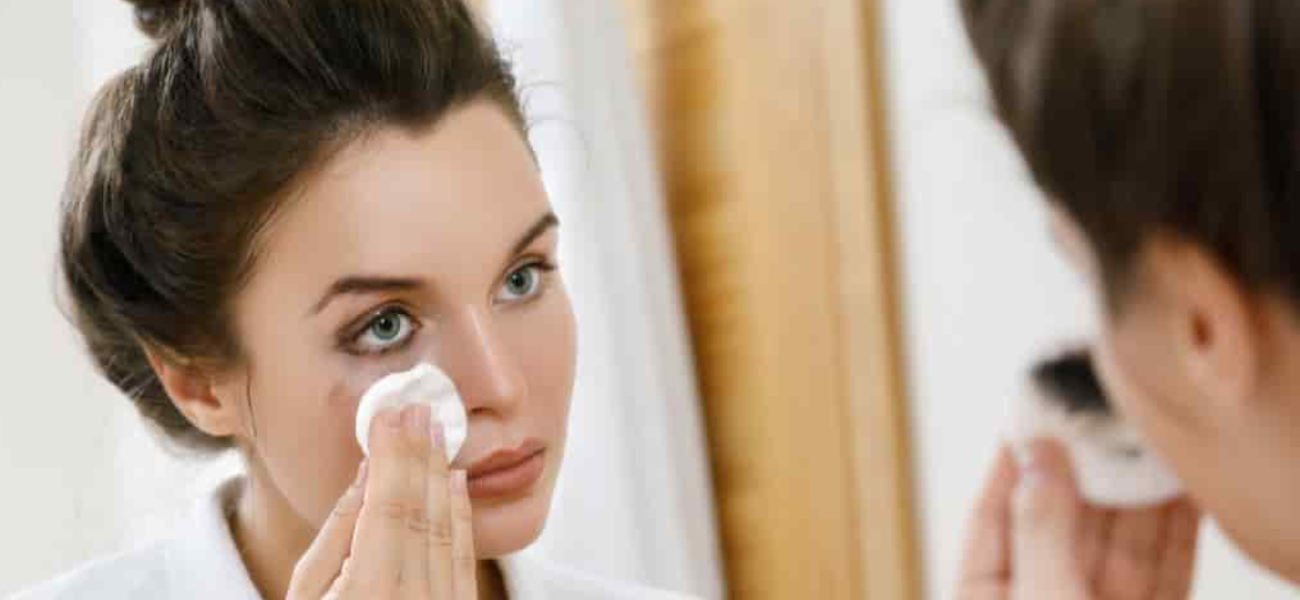There are multiple reasons why dry eye symptoms are worse at night. For example, some people experience nocturnal lagophthalmos, a condition where the eyelids are unable to close properly at night, exposing the eyes to dry air which can increase irritation and itching. Also, the body’s metabolism and blood circulation slow at night when you are asleep. Fewer nutrients reach your eyes, which means they can’t produce as many tears, which can lead to nighttime dry eyes. Here are some ways to minimize or reduce dry eye symptoms while you sleep.
Always remove your makeup before you go to bed, to avoid getting it in your eyes in your sleep. You should also avoid makeup removers, moisturizers and skincare products that include alcohol, parabens, oil, retinol, phenoxyethanol, acetyl hexapeptide-3, benzalkonium chloride (BAK or BAC), butylene glycol, ethylenediaminetetraacetic acid (EDTA), formaldehyde and formaldehyde donors, or isopropyl cloprostenate. Clearly, it is a good idea to read the labels on your products before using them.





